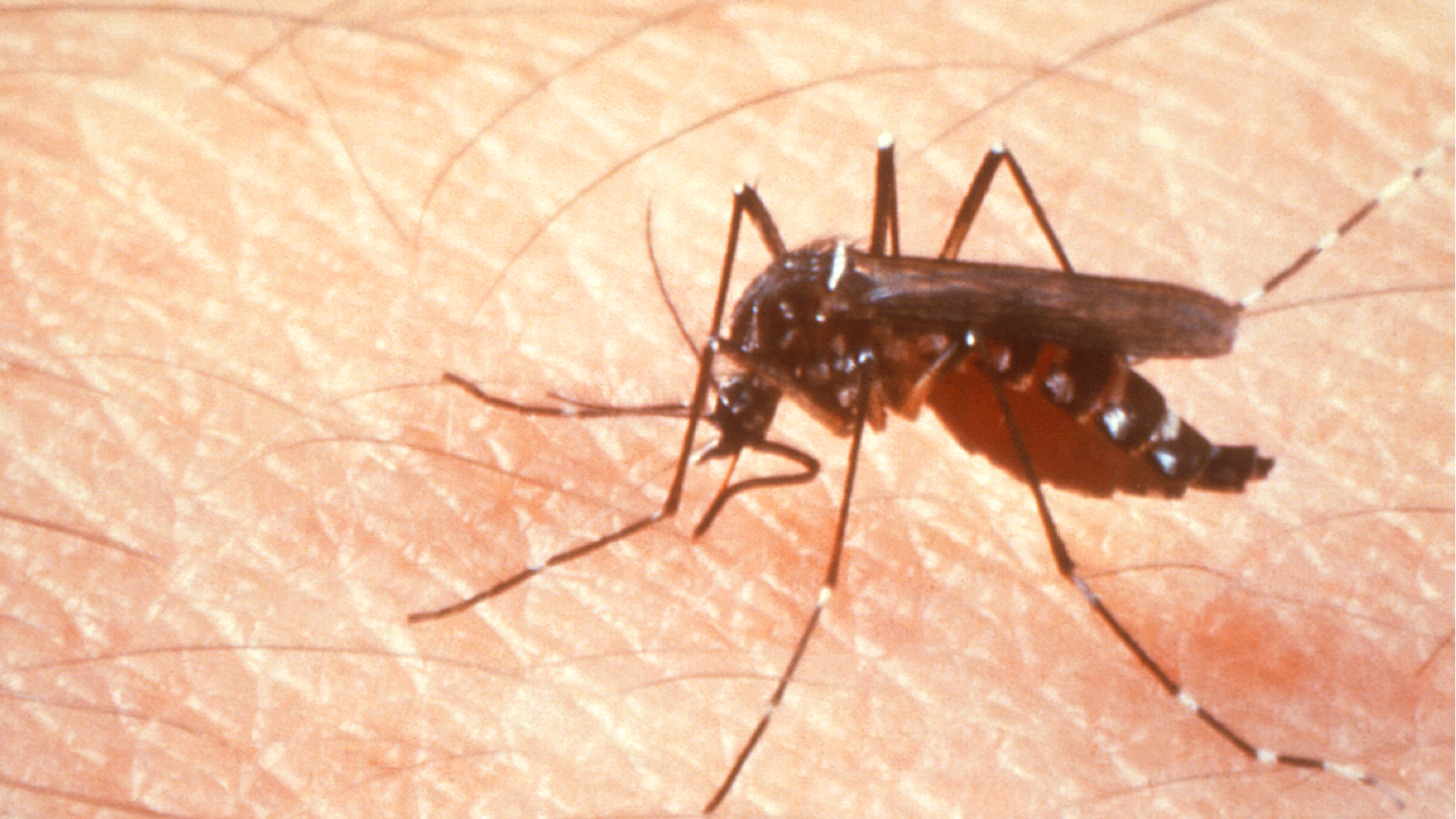Health department urges mosquito bite prevention to avoid West Nile virus

CHEYENNE (WNE) — With mosquito season ramping up, the Wyoming Department of Health urges people to protect themselves from mosquito bites this summer to help prevent West Nile virus infection.
“We have already had mosquitoes with positive tests for WNV this season,” said Courtney Tillman, epidemiologist with WDH, in a news release. “As the weather warms up and we spend more time outdoors, we need to remember to take steps to prevent mosquito bites and potential WNV infection.”
WNV is spread by the bite of an infected mosquito.
Most people with WNV don’t have any symptoms, but people who develop symptoms report fever, headache, body aches, skin rash and swollen lymph nodes. Symptoms may begin two to 14 days after a mosquito bite.
A very small number of individuals develop West Nile neuroinvasive disease with symptoms such as severe headache, fever, neck stiffness, stupor, disorientation, coma, tremors, convulsions or paralysis. People over the age of 50 with chronic diseases are more likely to develop serious illness.
The following measures are recommended to prevent mosquitoes around the home:
- Drain standing water . This includes keeping gutters cleaned and free of debris.
- Kill mosquito larvae. Use larvicides, such as Bacillus thuringiensis israelensis, for water that does not drain, such as ornamental ponds and water features. Always follow product instructions.
- Use tightly fitted window screens.
- Keep grass trimmed and weeds removed to keep mosquitoes away.
Tips to preventing mosquito bites:
- Use an Environmental Protection Agency approved insect repellent containing DEET, picardin, Oil of Lemon Eucalyptus, or IR3535 when outdoors.
- Wear loose-fitting, long-sleeved shirts and pants while outdoors. Treating outdoor clothing with permethrin can add an extra layer of protection.
- Mosquitoes that spread WNV are most active during dawn and dusk. Avoid being outdoors during these times.
Information from WDH about West Nile virus can be found at badskeeter.org.
This story was published on June 25, 2025.





